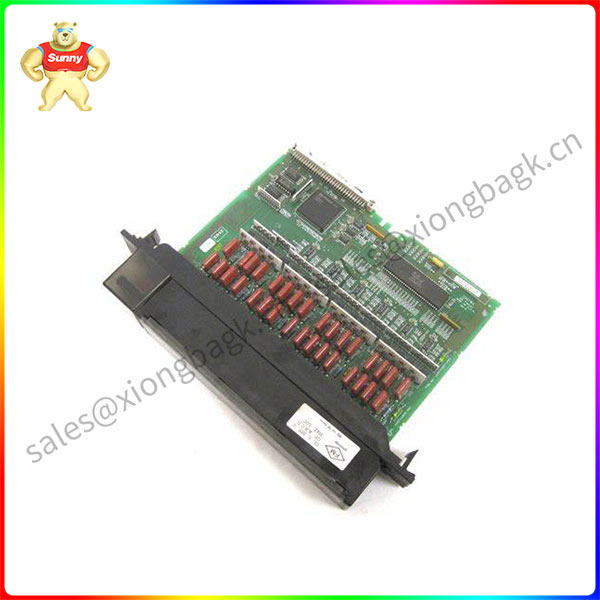The development of automation control system equipment, software system, AI technology, unmanned driving, vision system, etc. in industrial production has become an important content of industrial technology innovation. More and more enterprises are using modern information technologies such as the Internet, big data and artificial intelligence to achieve a high degree of digitalization, networking and intelligence in the manufacturing industry, providing support for industrial transformation and upgrading, and promoting cost reduction and efficiency improvement, industrial integration and innovation, and green and sustainable development.
Nowadays, with the promotion and development of intelligent manufacturing in China, the manufacturing industry is entering the stage of comprehensive digital intelligence. The development of automation equipment, software system, AI technology, unmanned driving, vision system and other technologies in industrial production has become an important content of industrial technology innovation.
At present, the parent company of Kuka, Midea Group, has established 15 national green factories, 3 zero-carbon factories and 5 world-class lighthouse factories. Since its 125th anniversary, the Germany-based Kuka Group has been focusing on the manufacturing sector with the focus on digitalization, intelligence and green.
Intelligent logistics supports intelligent manufacturing
At present, many manufacturing industries have gone through different stages of development such as labor-intensive, mechanization, automation, and digitalization, and have built a complete manufacturing system and occupy an important position in the industrial chain.
This gives them the possibility and basic strength to realize intelligent manufacturing and promote the transformation of the industrial chain. As a provider of industrial automation solutions, Kuka provides one-stop solutions worldwide and has accumulated extensive experience in products and solutions in various industry sectors.

IC697MDL250
Recently, Kuka mobile robot general manager Jalen Ma Jianliang accepted the “Logistics technology and equipment” special interview.
He said: “In Kuka’s view, the current overall trend of intelligent logistics in the manufacturing industry needs to be deeply integrated with the manufacturing process, to provide different solutions according to different industries, in the vertical industry solution, according to the scenario to provide the corresponding application.”
“Nowadays, the logistics intelligence of the manufacturing industry no longer stays in the point-to-point handling, at this stage, whether from the customer needs or from the perspective of enterprise practice, we hope to minimize human intervention in the logistics link, the processing process is more flexible and intelligent, and through standardization, accelerate the replication of the entire scene or automation program, reduce input costs and labor costs.”
In general, the intelligent manufacturing at this stage is more to achieve large-scale intelligent standardized production, and the future trend is customized production, so the entire production line needs to be more flexible.
In the global manufacturing industry, the concept of Industry 4.0 has become an important force to promote the development of productivity, for how to achieve the goals of Industry 4.0, Kuka proposed ideas, Dr. Ma said: “Through mobile platforms such as AMR to achieve flexible restructuring of the entire production line manufacturing process, to achieve mass customization production.” In the long run, customized mass production based on intelligent logistics is also one of the important development directions of manufacturing logistics.”
“For companies that provide logistics solutions, it is very important to provide customized solutions, do a good job and help the development.” What intelligent manufacturing really realizes is the full closed-loop intelligent operation management of products from manufacturing to storage and delivery, which can greatly improve production efficiency and flexibility, and fully meet the individual needs of customers.” Dr. Ma offered his opinion.
Artificial intelligence promotes logistics technology innovation
With the transformation and upgrading of the logistics industry, the demand of manufacturing enterprises for intelligent logistics is becoming more and more intense and diversified. The development of intelligent logistics cannot be separated from the support of emerging technologies, whether it is Internet of Things technology, cloud technology or big data, or a new generation of artificial intelligence technology, the combination of logistics automation products is getting deeper and deeper, leading the iterative direction of the development of the entire industry, and providing a solid foundation for product solutions to be more stable, more reliable and easier to use in different customer scenarios.
As the core technology, artificial intelligence technology can realize the intelligent processing, analysis and decision of information. In the intelligent logistics system, artificial intelligence technology can be applied to task allocation, route optimization, flow control and other aspects to achieve intelligent and efficient logistics transportation.
Dr. Ma said: “Artificial intelligence enables various sectors and fields of logistics to achieve intelligent allocation of logistics resources, intelligent optimization of logistics links and intelligent improvement of logistics efficiency. As an important part of the Midea Group, Kuka has long been concerned about the development potential of the logistics sector, and as early as 2008, the AMR team was the first to develop a new generation of navigation technology – laser SLAM.”
 中文版
中文版




